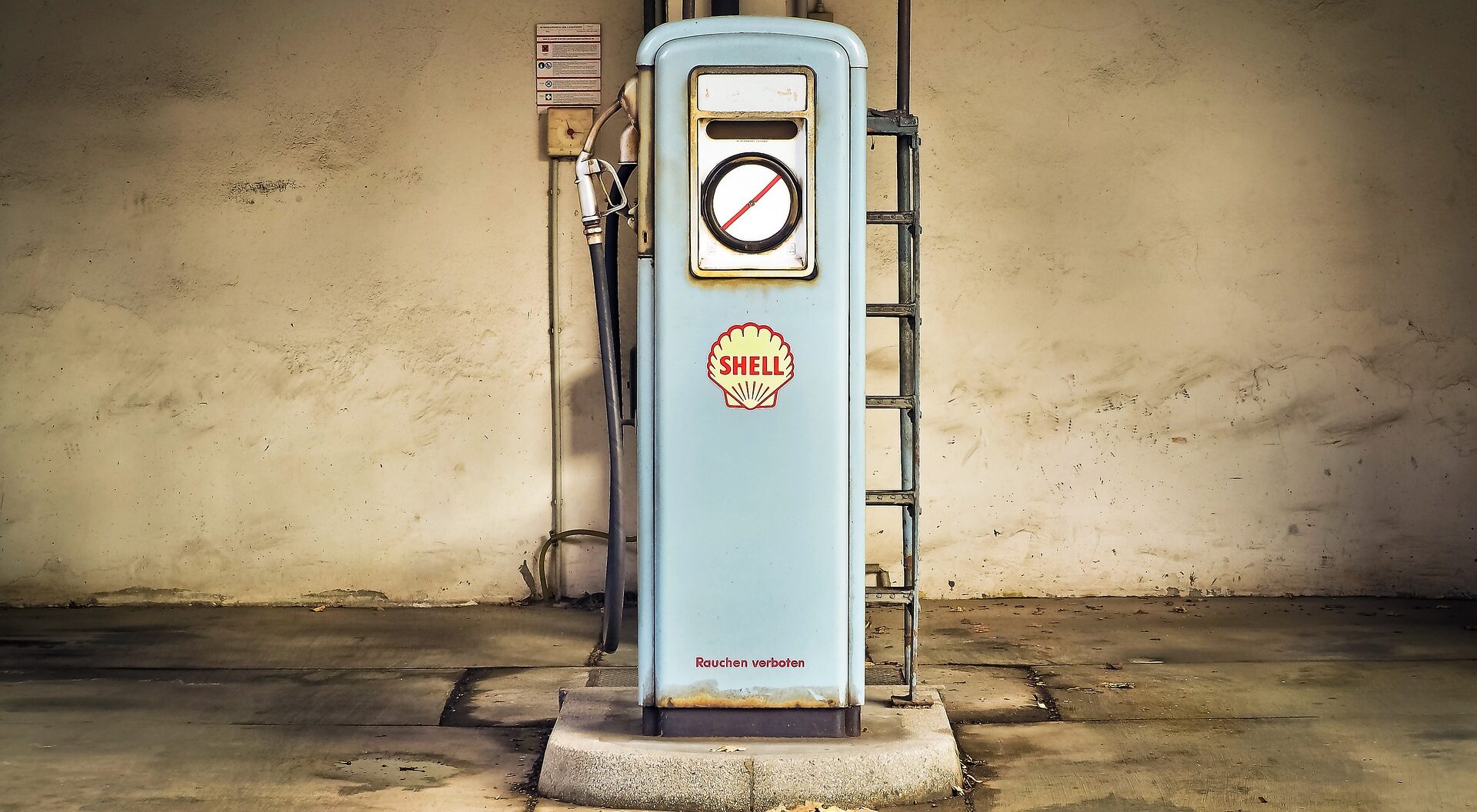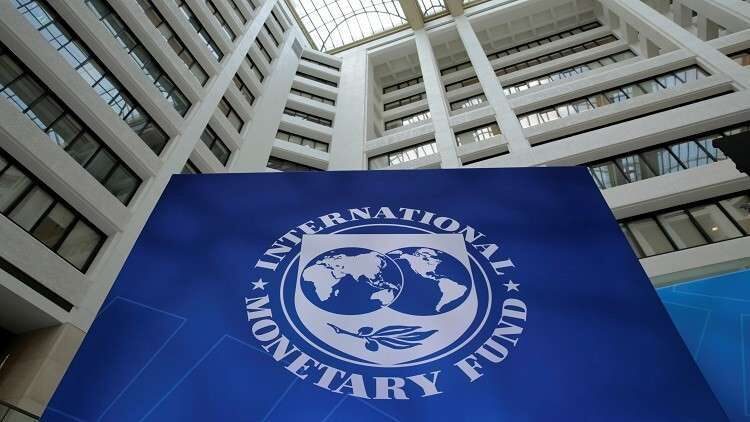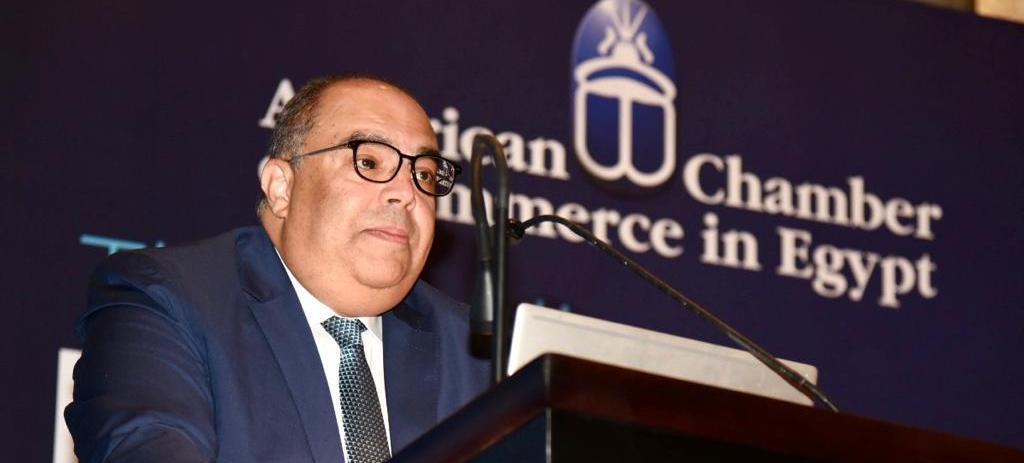Recent fuel price hikes implemented in Egypt may contribute to a rise in inflation starting in June when the North African country’s current fiscal year comes to an end.
Egypt’s Fuel Automatic Pricing Committee (FAPC) raised early March fuel prices for various types of octanes between EGP 0.75 and EGP 1 per liter (7%-10%) while keeping the price of diesel stable. The committee said the action comes amid global oil and gas price fluctuations.
Global oil prices have been fluctuating before trading at $85.83 per barrel for Brent Crude and about $3 per Metric Million British Thermal Unit (MMBtu) for natural gas, as of March 6, 2023.
The recent fuel prices movement will feed a further increase in inflation in the local market, Head of Research at Zilla Capital, Aya Zoheir, told Business Monthly.
Egypt’s annual headline inflation kept its acceleration in January, reaching 26.5%, up from 8% recorded in January 2022 and 21.6% seen in December 2022, according to the latest readings CAPMAS published. This rate is the highest seen in almost five years. CAPMAS is expected to release February’s inflation figures next week.
“The hike in fuel prices, fluctuations in local exchange rates, and shortage of hard currency liquidity will contribute to a big increase in March’s inflation rate,” according to Zoheir. This will be exacerbated by the high consumption rates witnessed during the Holy month of Ramadan.
Egypt’s inflation is expected to surpass 28% in March, Zoheir said, a projection that exceeds previous forecasts of 25.8% due to expected increases in prices, which already has lax oversight.
Goods and commodities prices in Egypt are experiencing unprecedented jumps ranging between 100% to 300% compared to their prices before the onset of the European conflict.
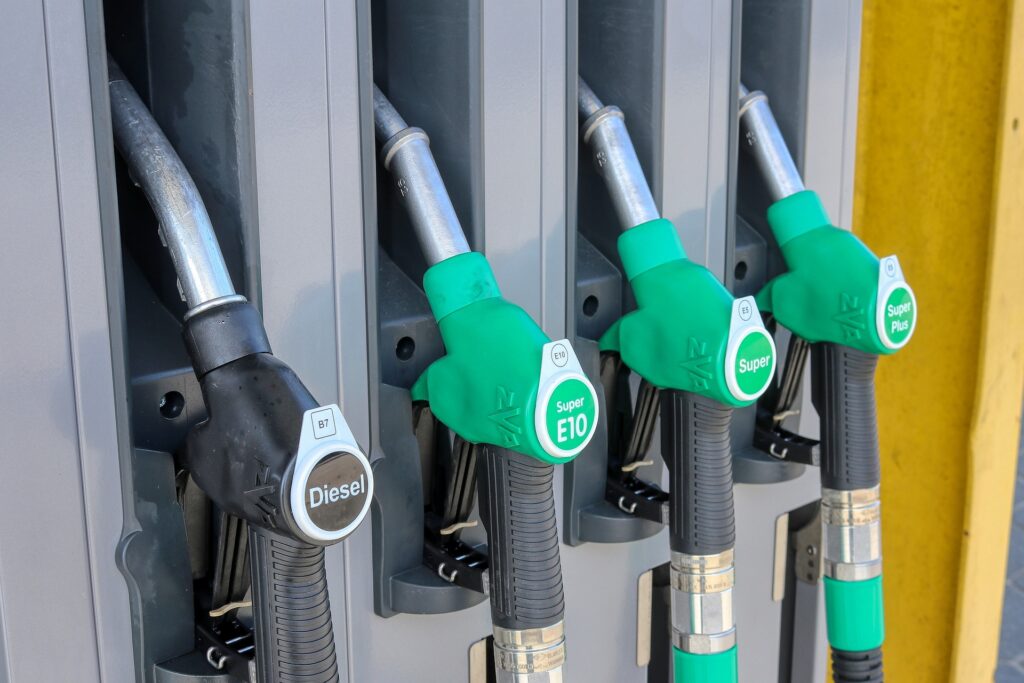
FX liquidity
A further pain point is the shortage of the US dollar in the local market, Zoheir said.
Egyptian banks are reportedly refraining from releasing new letters of credit (LCs) for importers, a matter that could result in the re-emergence of congestion of imported goods in ports.
According to Egypt’s Cabinet, the country released stacked goods from ports valued at $15 billion from December through mid-February.
The Egyptian pound has lost over 50% of its value against the US dollar since March 2022. The dollar is now trading at just over EGP 30 compared to an average of EGP 15 prior to the Russian-Ukraine war.
On the other hand, Co-Head of Research at Arab African International Securities, Mahmoud Gad, believes that the new fuel prices will have a slight effect on Egypt’s inflationary wave as prices of diesel and mazut, which are used for industrial purposes, were maintained.
“Keeping the prices for these two types of fuels will not reflect an increase in local goods and commodities prices,” he told Business Monthly.
Egypt has clear commitments to the International Monetary Fund (IMF) to implement significant structural reforms to navigate the ongoing economic challenges and to bridge the $17 billion financing gap the country experiences through the end of the IMF-backed loan program in FY2026/2027, Gad noted.
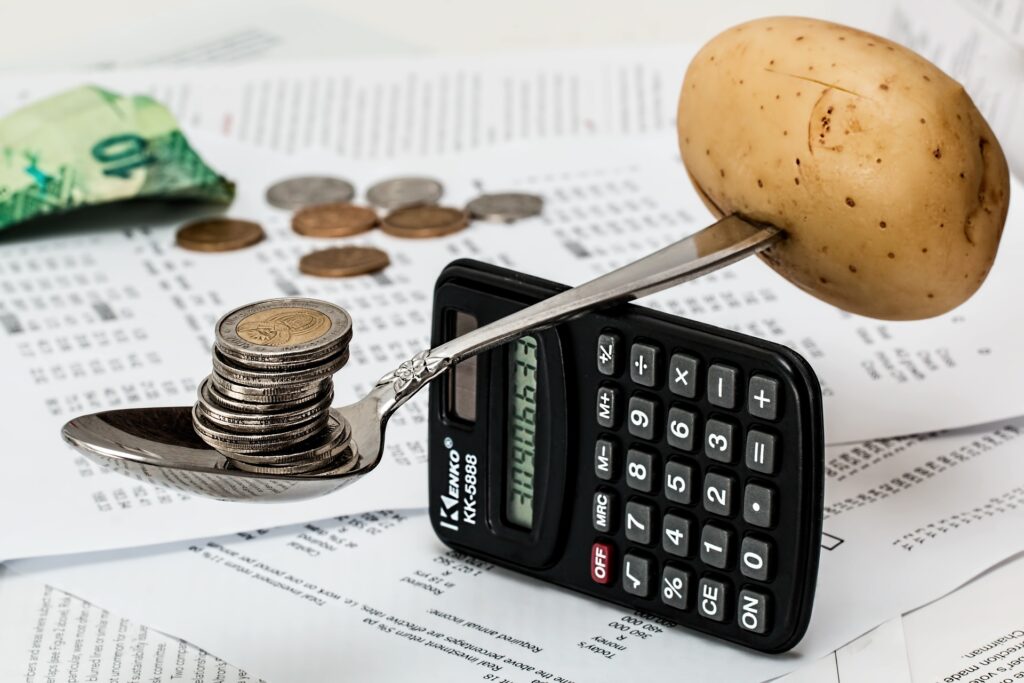
Fuel prices
Under the $3 billion, four-year program, Egypt will fully apply the fuel price indexation mechanism by refraining from subsidizing fuel products until fuel subsidies for each product, subject to the mechanism, are eliminated. As per the mechanisms of the committee, which was established in 2019 by the petroleum ministry, the price cap for raising or lowering fuel prices on a quarterly basis cannot exceed 10%. However, FAPC’s recommendations are not binding.
“FAPC convenes quarterly to review the fuel prices considering the global fuel prices, the price of oil barrel as EGP-denominated, and the local exchange rate developments in a previous quarter,” Gad clarified.
Business Monthly discussed with Gad key changes that hit the oil and natural gas industry, which were behind the committee’s decision to hike fuel prices.
The Egyptian pound-denominated oil barrel during this course rose by 31% and by 22% since January. While mazut and natural gas prices increased by 20%, according to Gad. He added that the average global oil prices declined during the fourth quarter of 2022 by 5.3% to stand at $88.60 per barrel.
On the other hand, he further clarified that the exchange rate in Egypt for the US dollar jumped in the same course by 28% with an average of EGP 23.10 per $1.
Based on that, Gad explained that 80% of the price movement is set considering the average Brent Crude price in the previous quarter and the average of the EGP price against the US dollar in the same quarter. The remainder 20% represents the annual fuel price adjustment due to other costs.
“This 20% is the space within which the committee takes its decision. As the committee has recently applied between 7%-10%, it is expected to recommend the same increase in its forthcoming meeting scheduled in April to fulfill the 20% change,” Gad clarified.
Yet, the government could delay the application of this increase to be announced by the end of the current FY2022/2023, which concludes in June to alleviate the financial burdens on the citizens amid soaring inflation,” he noted.
Driven by the fluctuation of the exchange rate locally and the jump in global oil prices, Egypt’s fuel subsidies bill rose by about 53% in the current FY2022/2023 to post about EGP 28 billion, up from EGP 18.4 allocated in FY2021/2022, according to the Ministry of Finance.

